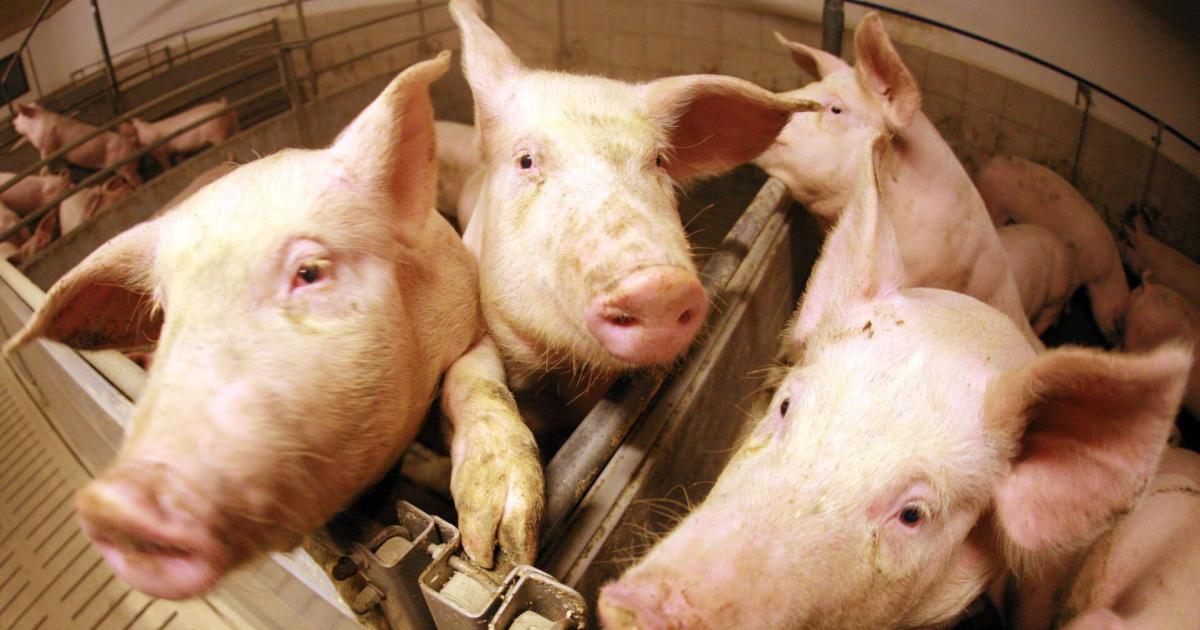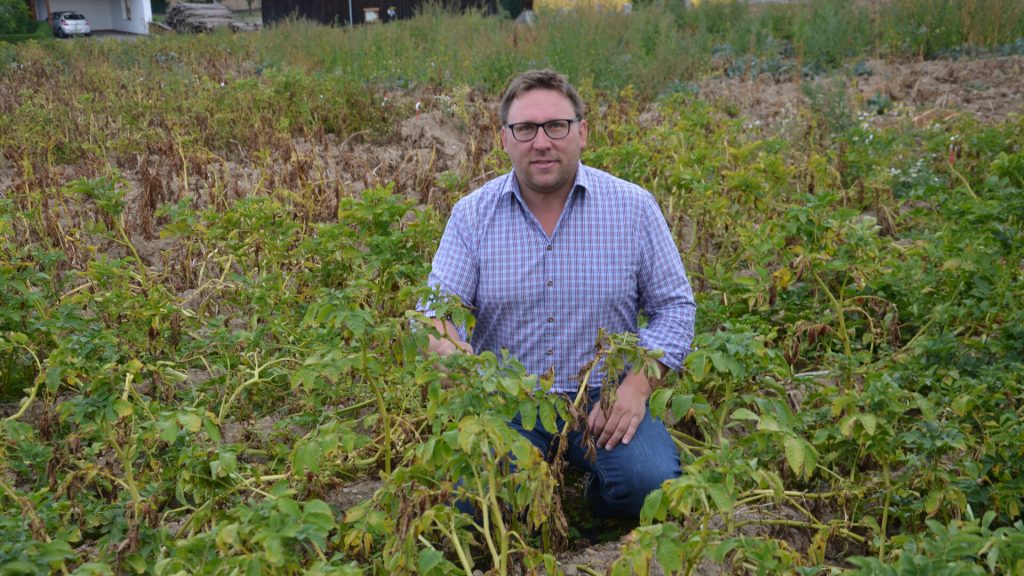Lower Austrian Saatbaugenossenschaft has a new Managing Director at Michael Buxbaum, a Heidenreichstein native and a graduate of the University of Natural Resources and Life Sciences. The founding idea of the cooperative founded in 1927 is more important than ever: Austrian agriculture must remain independent of foreign seeds (potatoes).
The Waldviertel region is the most important seed breeding area, but seed potatoes are also produced in Weinviertel (Leiser Berge) and in the Freistadt district of Mühlviertel. Michael Buxbaum’s ancestors achieved one of the greatest breeding successes with the Dita variety, the rights to the variety of which will soon expire.
The co-op is also always successful with new breeds, and the awarded “golden tubercle” has always won the go-to taste in recent years. The variety “Valdivia”, bred in 2013, is becoming more popular and relevant. NÖ-Saatbau breeds early varieties (“Heurige”), medium early varieties (potato salad), for processing (french fries, chips) and for starch (for farmers who deliver to Agrana, for example).
Significance for all Austria
In all, the cooperative takes care of 1,300 hectares of breeding grounds in four regions and produces 22,000 tons of seeds annually. Marketed in equal parts via Raiffeisen Goods and directly via merchants, 20% is exported.
As the only breeder in Austria with the highest breeding percentage, the co-op is important for the whole of Austria. But with climate change, there has been a new challenge in recent years. This affects potatoes significantly, because they can withstand relatively long periods of drought, but only heat up for a short time: “If the temperature rises above 30 degrees, the potatoes grow back, then growth stops and the strength is transmitted to the tuber instead of,” explains Michael Boxbaum. .
In this regard, the cooperative is involved in two projects at the national and international levels. The goal is to breed varieties that are tolerant of higher temperatures, as is the case with the aforementioned ‘Valdivia’.

“Total coffee aficionado. Travel buff. Music ninja. Bacon nerd. Beeraholic.”







More Stories
Exploding Fireball: Find the meteorite fragments
Neuralink's competitor lets blind people see again with an implant
A huge meteorite has hit Earth – four times the size of Mount Everest